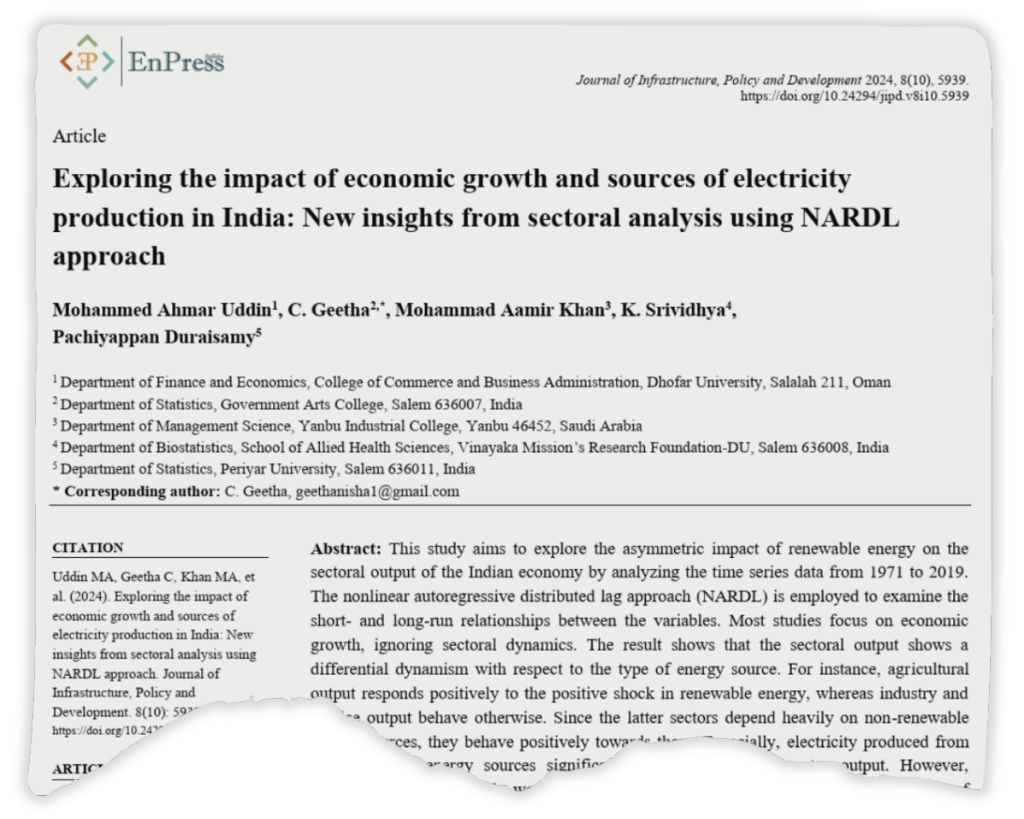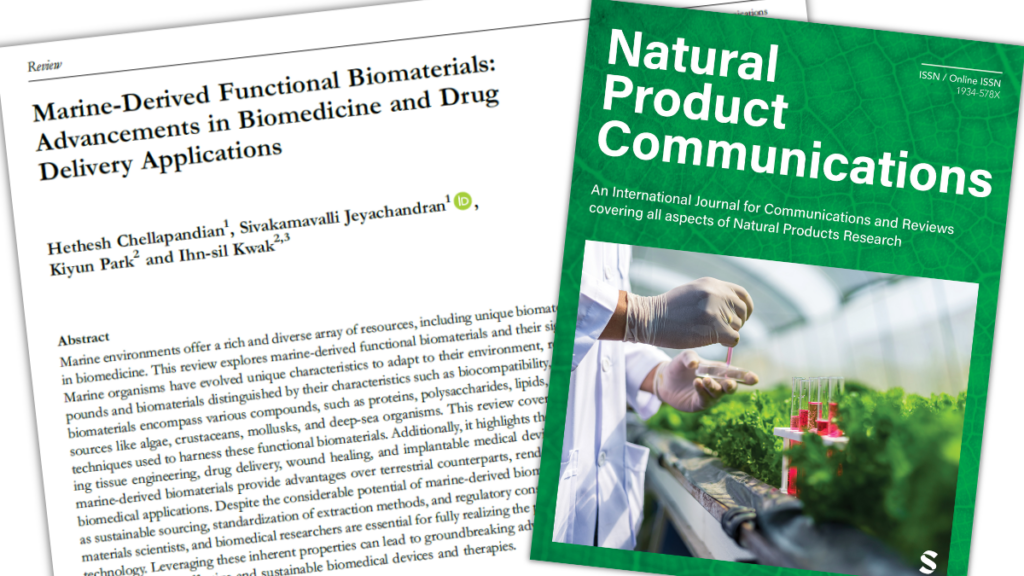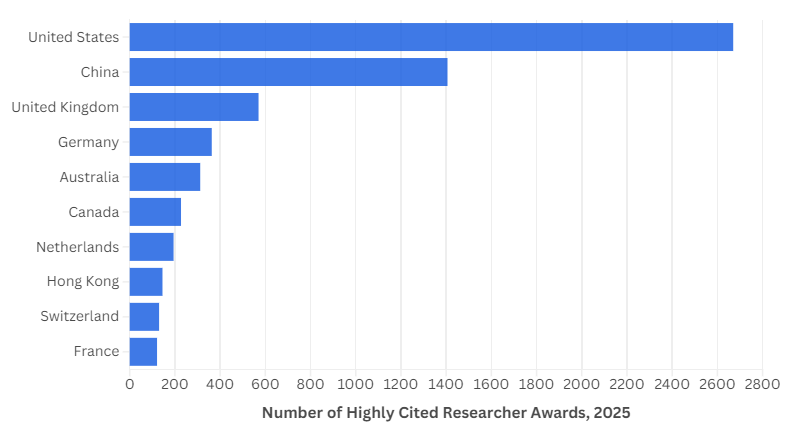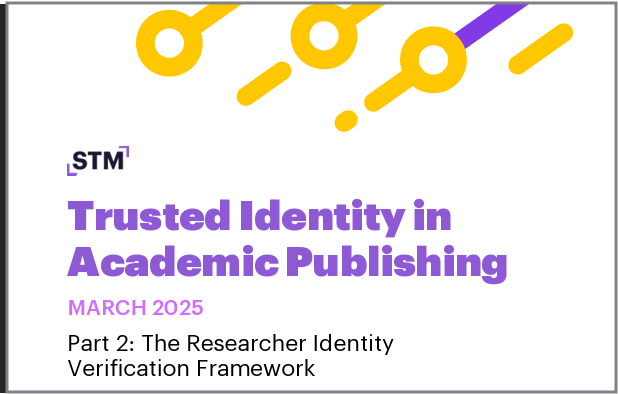The year 2026 did not start off kindly for Vijayalakshmi S, an economics researcher at RV University in Bengaluru, India. She received a rejection letter from a journal noting that a paper of hers was highly similar to another published study by other researchers.
S couldn’t understand why that was — until she realised someone had somehow gotten hold of her study and published it as their own. She took to LinkedIn, expressing her concerns and tagging the authors responsible. The post attracted a comment from another individual, also based in India, with inside knowledge of how paper mills work. Using keywords from S’s study, he found reasons to believe authorship slots on the stolen paper had been sold on Telegram for less than $200 each.
After S’s LinkedIn post went live, she heard from someone apologizing on behalf of a researcher who had allegedly mistakenly published her paper as a coauthor. That person was now offering her a different study on a related topic that she could publish under her name.
Continue reading Study is stolen, sold, published. Now the victim is accused of plagiarism







